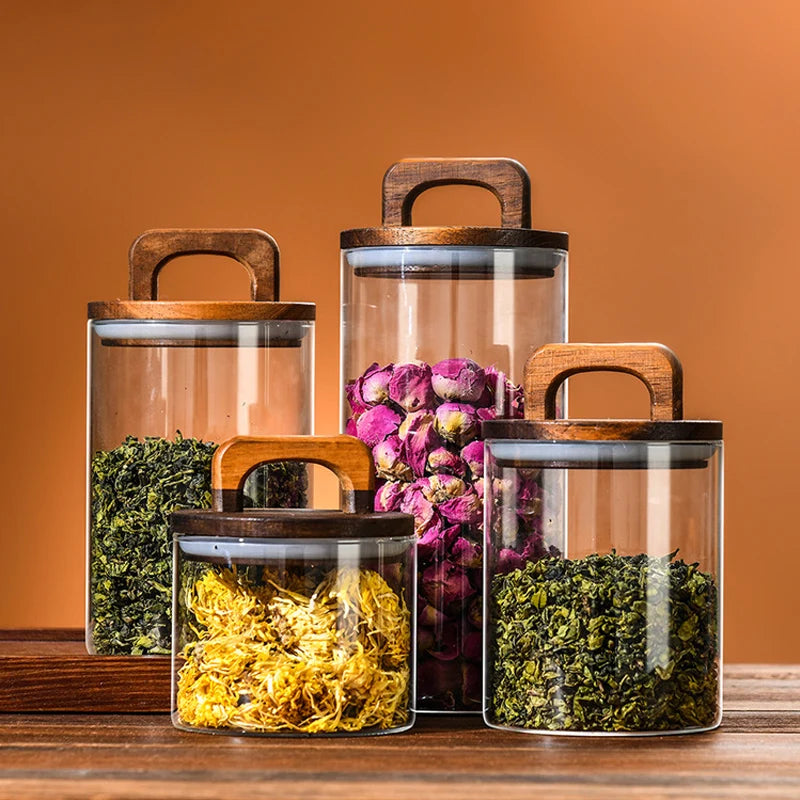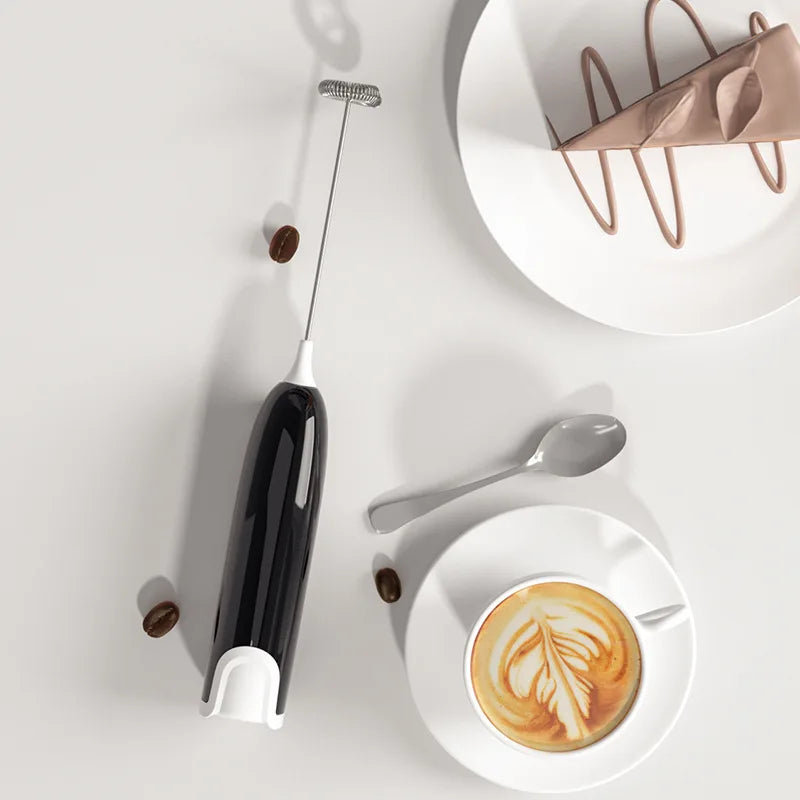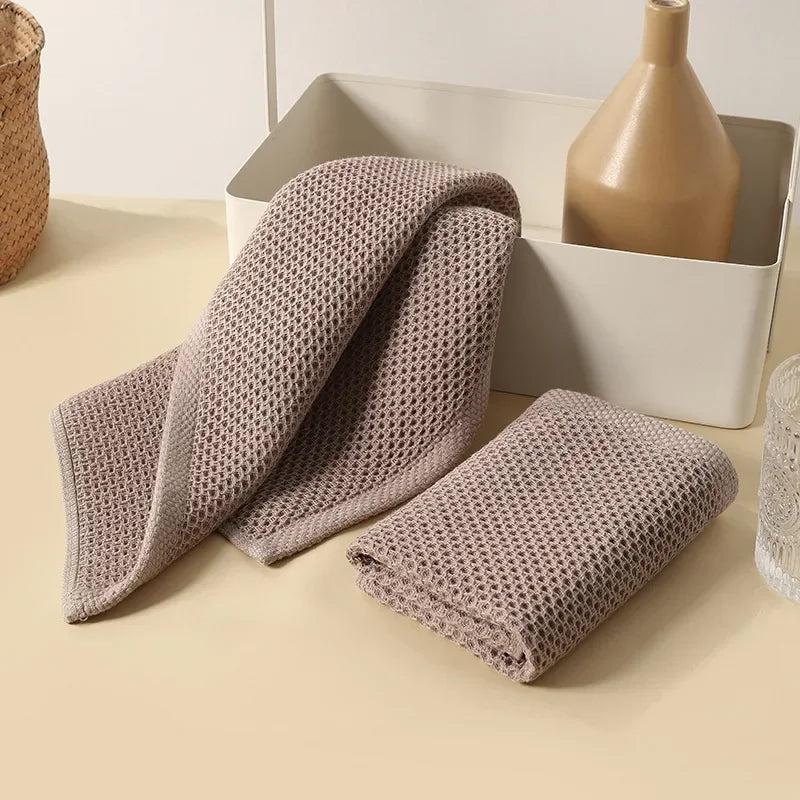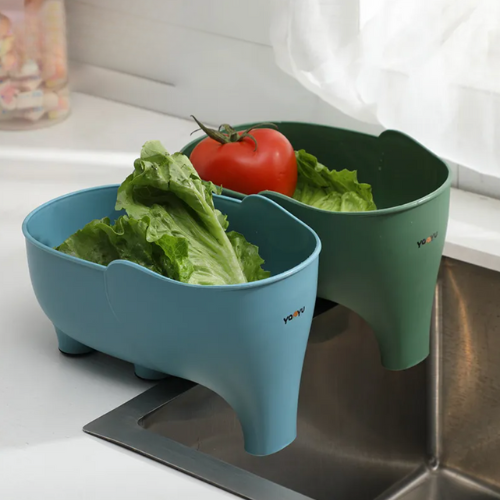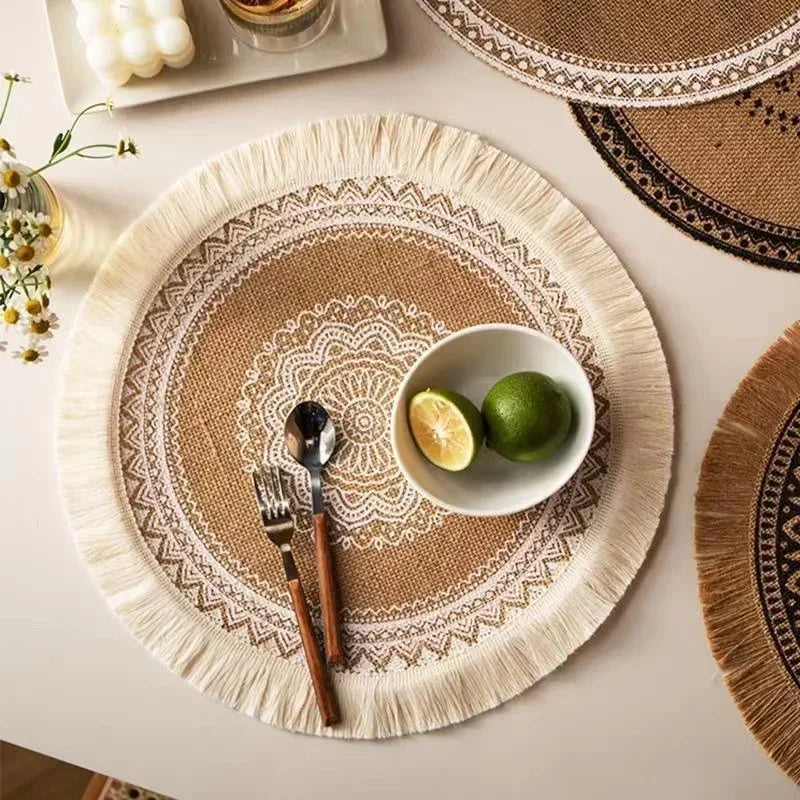The Power of Iron-Rich Foods During Your Period: Boost Energy and Well-Being
Discover the benefits of iron-rich foods during your period. Learn how these nutrient-packed foods can combat fatigue, replenish energy, and improve overall health.
Your period is a natural part of life, but it often comes with challenges like fatigue, low energy, and discomfort. One of the best ways to support your body during this time is through your diet, specifically by incorporating iron-rich foods. Iron is an essential mineral that helps your body produce hemoglobin, which transports oxygen in the blood. When you're menstruating, your body loses iron, making it even more important to replenish your levels through food.
Key Takeaways
- Iron is essential during menstruation to replenish blood loss, combat fatigue, and support overall well-being.
- Heme iron (from animal sources) is more easily absorbed by the body than non-heme iron (from plant-based sources).
- Foods like leafy greens, lentils, red meat, seafood, nuts, seeds, and fortified cereals are excellent sources of iron.
- Pairing iron-rich foods with Vitamin C-rich options like oranges, tomatoes, or bell peppers enhances iron absorption.
- Avoid consuming calcium, tea, or coffee with iron-rich meals as they can inhibit iron absorption.
- A well-balanced diet with iron-rich meals, such as spinach salads, lentil stews, and grilled salmon, can help maintain energy levels during your period.
- Using cast iron cookware can naturally increase the iron content in your meals.
- In cases of heavy periods or iron deficiency anemia, consult a doctor about whether iron supplements may be necessary.
- Iron-rich foods also provide long-term benefits, including improved focus, better athletic performance, and a stronger immune system.
- Always consult a healthcare professional before making significant dietary changes or adding supplements to your routine.
In this article, we’ll explore the importance of iron during menstruation, the best iron-rich foods to include in your diet, and practical tips for creating meals that will leave you feeling energized and balanced.
Why Is Iron Important During Your Period?
Iron plays a critical role in your overall health, but its importance becomes even more pronounced during your period. When you menstruate, your body loses blood, and with it, iron. If these levels aren’t replenished, it can lead to fatigue, dizziness, and even iron deficiency anemia. This is why many women experience low energy during their periods.
Consuming iron-rich foods helps:
- Replenish Blood Supply: Iron supports the production of red blood cells, which are essential for maintaining energy levels.
- Boost Energy: Iron helps oxygen travel throughout your body, combating fatigue.
- Support Hormonal Balance: Adequate iron intake aids in better mood regulation and overall well-being.
Types of Iron: Heme and Non-Heme
Not all iron is created equal. There are two main types of dietary iron:
Heme Iron: Found in animal-based foods like meat and seafood, heme iron is highly bioavailable, meaning your body absorbs it more efficiently.
Non-Heme Iron: Found in plant-based foods, non-heme iron is still beneficial but not as easily absorbed. Pairing it with Vitamin C-rich foods can enhance absorption.
Understanding these differences can help you tailor your diet to ensure you’re getting enough iron during your period.
Top Iron-Rich Foods to Include in Your Diet
1. Leafy Greens
Leafy greens like spinach, kale, and Swiss chard are excellent sources of non-heme iron. They’re also packed with Vitamin C, which enhances iron absorption. Use them in salads, smoothies, or sautéed dishes.
2. Red Meat
Lean cuts of beef and lamb are some of the best sources of heme iron. They’re ideal for those looking for a quick energy boost. Pair with a side of vegetables for a balanced meal.
3. Lentils and Beans
Lentils, chickpeas, and black beans are plant-based powerhouses. High in both iron and protein, they’re versatile enough to use in soups, stews, and salads.
4. Seafood
Oysters, clams, and salmon are rich in heme iron and omega-3 fatty acids, making them a nutrient-packed choice for your period.
5. Nuts and Seeds
Pumpkin seeds, sunflower seeds, and almonds are snackable sources of non-heme iron. Sprinkle them on yogurt or oatmeal for a quick boost.
6. Fortified Foods
Many cereals, breads, and plant-based milks are fortified with iron, making them an easy way to meet your daily requirements.
7. Dark Chocolate
Yes, you read that right! Dark chocolate is not only a mood booster but also a great source of iron. Opt for 70% cocoa or higher for maximum benefits.
How To Create An Iron-Rich Meal Plan?
An iron-rich diet doesn’t have to be complicated. Here’s a sample day to keep you energized:
Breakfast
- Scrambled eggs with spinach and whole-grain toast (fortified with iron).
- A glass of orange juice to enhance iron absorption.
Lunch
- Lentil and vegetable soup with a side of kale salad.
- Topped with lemon vinaigrette for added Vitamin C.
Dinner
- Grilled salmon served with quinoa and roasted Brussels sprouts.
- Finish with a square of dark chocolate for dessert.
Snacks
- Handful of almonds or pumpkin seeds.
- Fresh strawberries or an orange for a Vitamin C boost.
Tips for Maximizing Iron Absorption
- Pair Iron with Vitamin C: Foods like oranges, bell peppers, and tomatoes improve the absorption of non-heme iron.
- Avoid Calcium at Meals: Calcium competes with iron for absorption, so avoid pairing iron-rich meals with dairy products.
- Cook with Cast Iron: Using cast iron cookware can add a small amount of iron to your food.
- Limit Coffee and Tea: The tannins in these beverages can inhibit iron absorption. Drink them between meals instead of during.
Iron Supplements: When Food Isn’t Enough
In some cases, food alone may not be enough to replenish your iron levels, particularly if you have heavy periods or are at risk for anemia. Iron supplements can be a helpful addition, but they should always be taken under the guidance of a healthcare professional.
The Benefits of Iron-Rich Foods Beyond Your Period
Iron-rich foods aren’t just helpful during your period—they offer benefits for overall health, including:
Improved Concentration: Iron supports cognitive function and focus.
Better Athletic Performance: It helps muscles work more efficiently.
Strengthened Immune System: Adequate iron levels help your body fight off infections.
Delicious Recipe: Lentil and Spinach Stew
Here’s a quick and easy recipe to incorporate iron-rich foods into your diet:
Ingredients
- 1 cup dried lentils
- 2 cups fresh spinach
- 1 medium onion, chopped
- 2 cloves garlic, minced
- 1 teaspoon cumin
- 4 cups vegetable broth
Directions
- Sauté onion and garlic until fragrant.
- Add lentils, broth, and cumin; simmer for 20 minutes.
- Stir in spinach and cook until wilted.
Empower Your Health During Your Period
Incorporating iron-rich foods into your diet during your period is one of the simplest ways to feel more energized, combat fatigue, and support overall health. Whether you’re enjoying a hearty lentil stew, a spinach salad, or a dark chocolate treat, these foods provide the nutrients your body needs to thrive.
By understanding the importance of iron and how to maximize its benefits, you can create a diet that keeps you feeling your best—during your period and beyond. Celebrate your health with delicious, nutrient-packed meals and step confidently into each new day.
Information Note
This article is for informational purposes only and is not intended to replace professional medical advice, diagnosis, or treatment. If you experience symptoms of iron deficiency, fatigue, or other health concerns, it’s important to consult a healthcare provider or registered dietitian. Always seek the advice of your physician before making significant dietary changes or taking supplements, particularly if you have underlying health conditions or are pregnant. Your doctor can help determine the best approach to meet your individual health needs.







